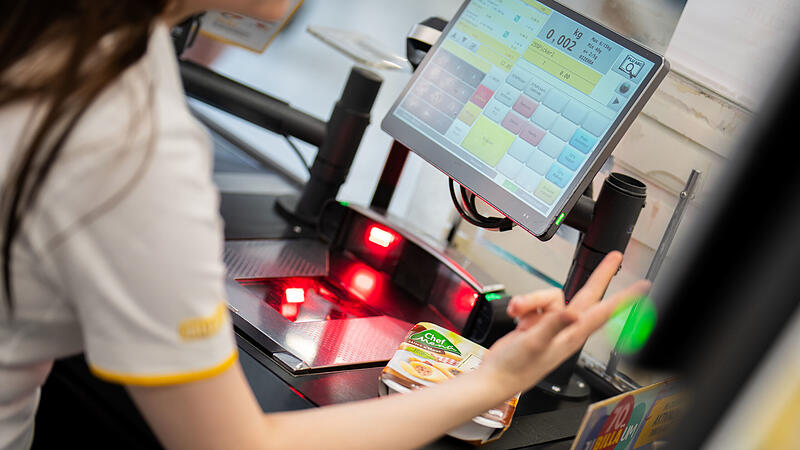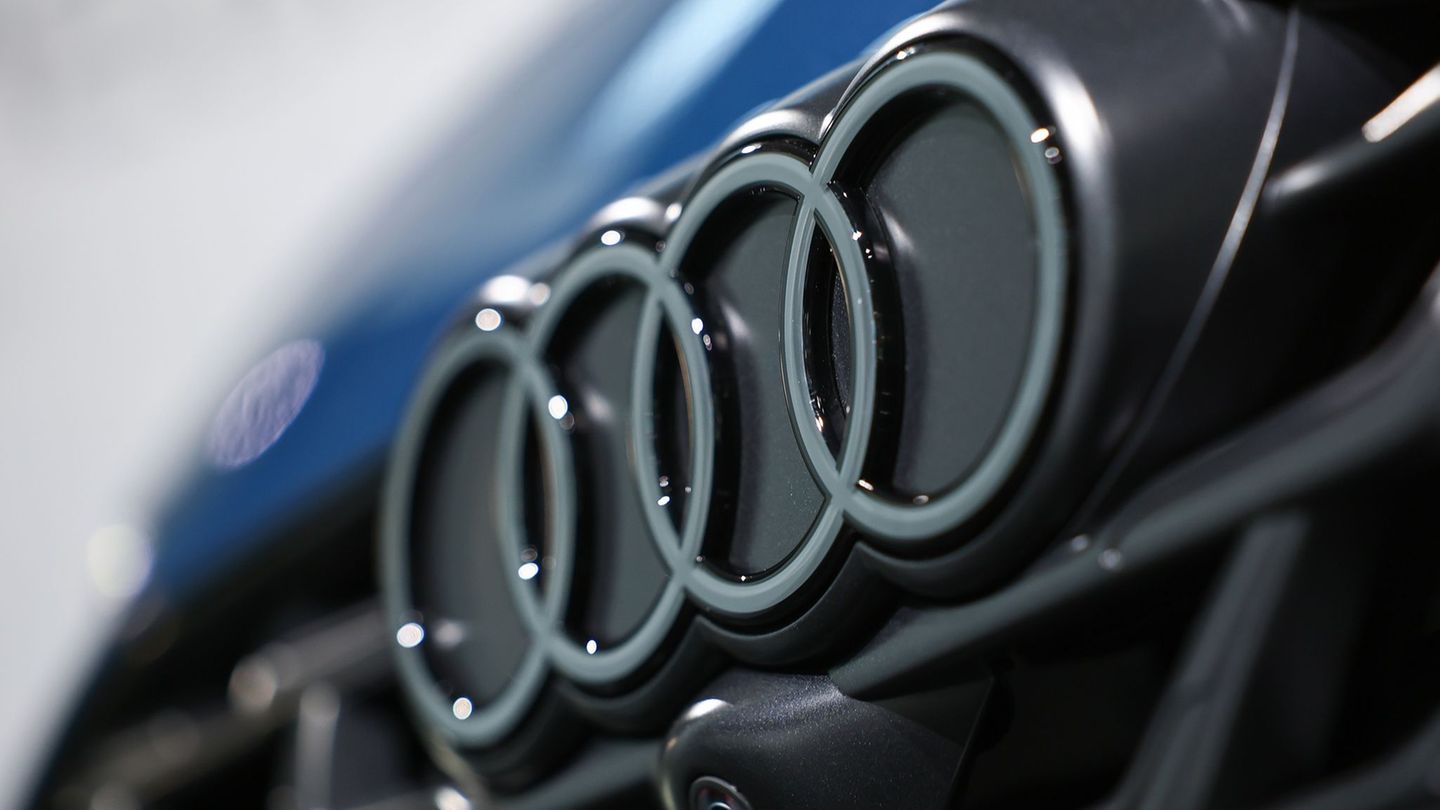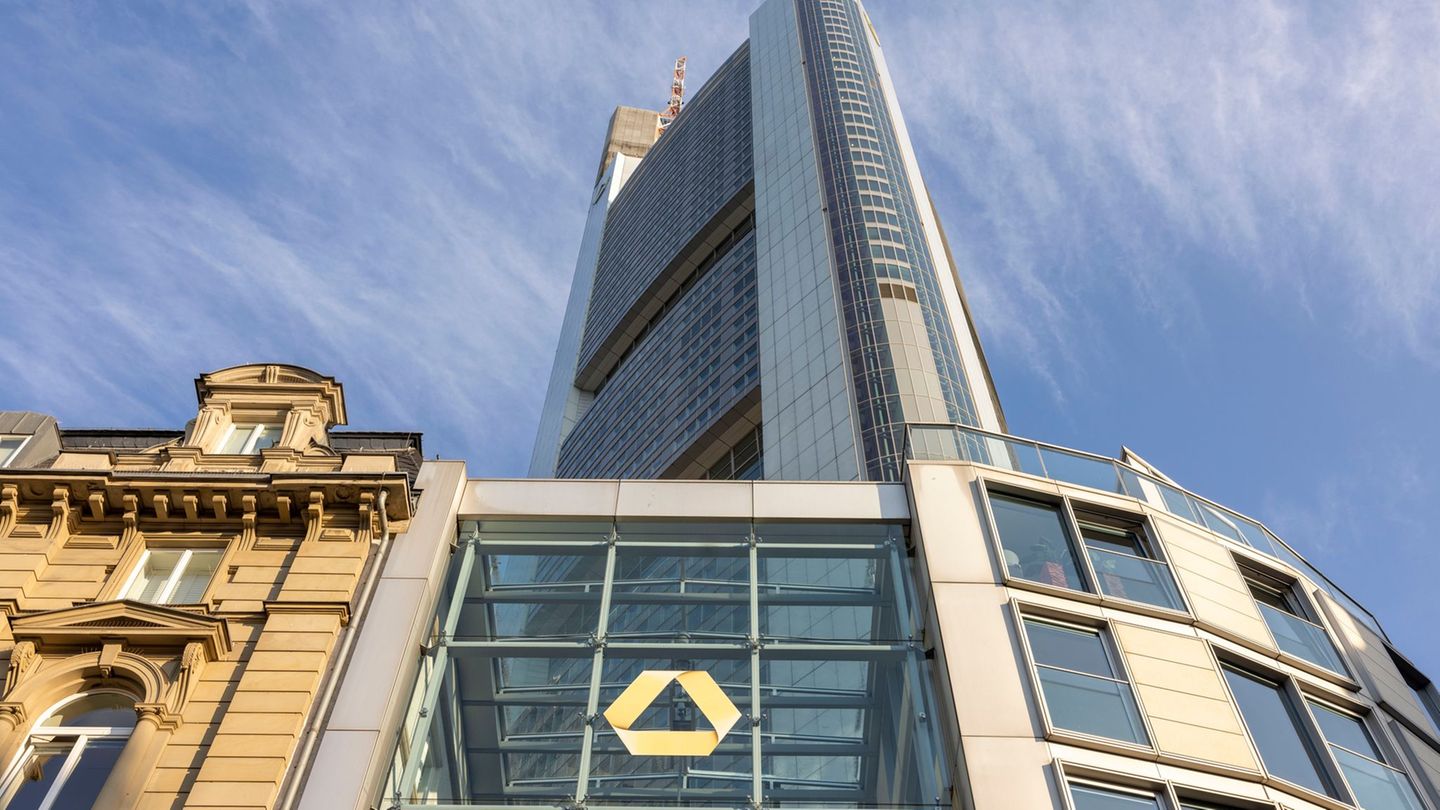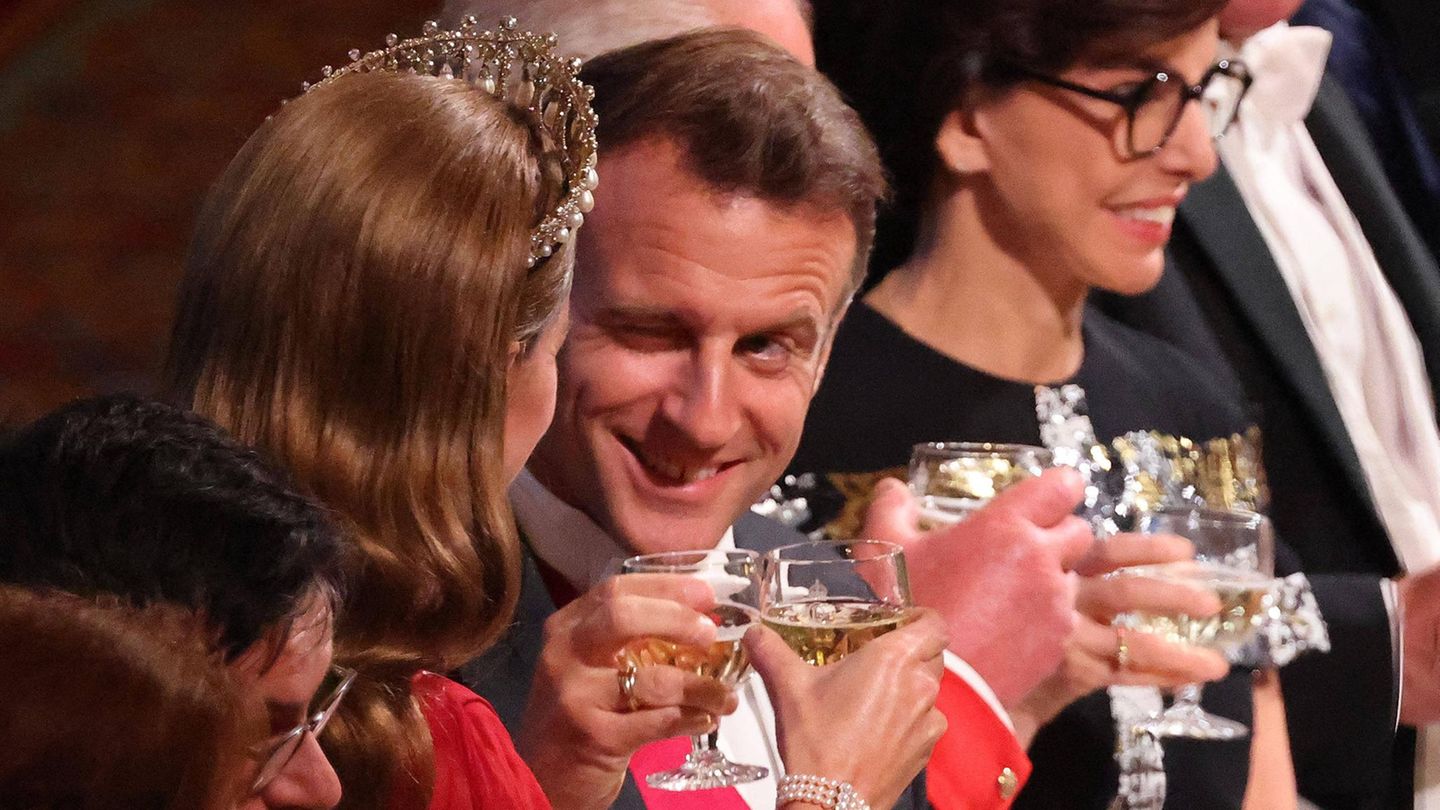Image: (APA/GEORG HOCHMUTH)
The trading margins increased “not systematically” from the second half of 2022 to the second half of 2023. “Overall, there is no evidence that attempts were made to increase trading margins during the investigation period against the background of rising and high inflation,” said the BWB.
In a long-term comparison, competition watchdogs have also not identified any noticeable increase in profit margins in agriculture and food manufacturers. “The analysis shows several weak points with regard to the competitive situation,” said BWB boss Natalie Harsdorf-Borsch on Friday at the presentation of the 269-page industry study in Vienna.
Investigations against dealers
The number of reported unfair practices against suppliers is “very worrying”. According to the head of the BWB, the authority has already started investigations against supermarket chains for violations of the Fair Competition Conditions Act. The first applications will be submitted to the cartel court this year. Harsdorf-Borsch did not want to comment on which dealers were specifically being investigated. “I can’t answer that at this point.”
Furthermore, the competition watchdogs were unable to determine in their investigation that the high market concentration in the Austrian food retail sector had a “causal” effect on the price increases. Spar, Rewe (including Billa, Penny), Hofer and Lidl together have a market share of 91 percent. According to the BWB, more than 200 local suppliers have left the market since 2019 and the large supermarket chains have further expanded their branch networks.
“Austria price premium”
In its report, the Federal Competition Authority specifically points to a so-called “Austrian price surcharge”. There is an incentive in the food industry – especially among international corporations – to charge different prices for the same products in accordance with their country strategies. “These strategies can be a significant factor for different food prices and thus higher prices in Austria,” says the industry investigation. The BWB boss now wants to quickly submit this issue to the European Commission because the authority is only responsible for Austria.
At the press conference, the head of the BWB presented numerous recommendations to stimulate competition in the food market: The suggestions range from measures to increase price transparency, strengthen the EU internal market, improve transparency in food, strengthen consumer protection and avoid misleading people with price discounts for legal certainty for suppliers through written form. For her own authority, Harsdorf-Borsch would like to see an improved legal basis for enforcing competition law measures based on industry investigations.
Food industry examined
In October 2022, the Federal Competition Authority launched a comprehensive industry investigation into the food industry due to the sharp rise in food prices. For this purpose, around 700 trading companies and over 1,500 suppliers were surveyed in ten rounds within a year and data from market researcher GfK was analyzed. Furthermore, the Oesterreichische Nationalbank (OeNB) analyzed daily price data collected from a selection of online shops in the Austrian food retail sector for the competition watchdog. In addition, a consumer survey was conducted with around 1,000 people between the ages of 18 and 65. The BWB analysis focused on everyday foods.
more from economics




